Jivath uyirayum parath uyirayum
Saerth iruga pidithu ondraakki;
Paavathin indru thanai marandhe para
Maagi pazhuthu thanithu vittaan.
Word meaning
Jiva = individua soul; para = universal soul/ being; uyir = life force (also called jiva as the force animates us); ondraakki = make as one; pazhuthu = become ripe.
Meaning
Ramana, our guru, grabbed hold of jiva uyir (the individual soul) and the para uyir (the Universal Being) tightly, crushed them together so as to make them into One being. He transcended the individual nature and the accompanying sins and became established in his true Self as a fully ripe gnani.
In Tamil there is no difference between ‘pa, ‘pha’ ‘ba’ and ‘bha’ as in Sanskrit and its derivative languages. Here although SV says ‘Paavathinindru thanai marandhe’ (which literally means,' from sins, forgetting himself’), it could also mean ‘bhavam’, which has quite a few meanings:
1) Bhava or Bhavam means ‘nature’ as in ‘sva-bhavam’ is one’s individual nature, Krishna bhavam is Krishna nature.
2) It means existence or material nature, the world we live in with all the trials and tribulations, pain and pleasure etc.
3)Saint Sivananda notes 5 bhavas, ie, mental attitudes in the bhakti path, namely, Santa bhava, Madura bhava, Vatsalya Bhava, Dasya Bhava and Sakhya Bhava.
4) In Bharata Nattiyam it is a means of conveying an emotion through facial expressions and hand gestures.
Bhagavan transcended all the ‘bhavas’ and stood established in the Self, shining as That Pureness.
There is an interesting parallel between gnana and ripe fruit.
In a puranic story it is stated that Narada, the wandering saint once went to Kailasa, the abode of Siva and Parvathi and the children, carrying a ripe mango, called ‘gnana pazham’ (wisdom fruit). He said to Lord Ganapathy and Murugan that whoever goes around the world three times the fastest will win the fruit. Hearing this, Murugan, the younger one, immediately climbed on his mount, the peacock and went around the world. Since Ganapathy was big, he went around his parents three times. When asked why, he replied, ‘You two are the world to me and you are also the Loka mata and pita so I circumambulated you two, so I have gone round the world three times’. Impressed by this answer, Shiva gave the fruit to Ganapathy who was eating it when Muruga came back from his trip but got angry to see that he didn’t get the fruit. He left his home, renouncing everything, wore only a ‘koupeena’ (loin cloth) and went to a hill. Later, Shiva and Parvathi went and pacified him saying, ‘you are the (gnana) fruit itself (pazham nee)’ which later became the name of the hill Pazhani.
MahaPeriyava also explains renunciation using the ripeness of a fruit while talking about the Maha Mrityunjaya mantra (Aum Trayambakam Yajaamahe sungandhim pushtivardhanam urvaarukamive bandhanaat. mrityormukshiya maamritaat) where it seeks liberation ‘like a ripe cucumber leaving the stalk’.
Periyava says that this is very important because, an unripe fruit, if plucked from the tree, will have secretions (in the form white liquid) on its stalk, the same will be at the point on the tree where it was plucked from. So neither is ready for separation. But once the natural process is gone through various stages of life, then the fruit drops off by itself, with no pain or sign of separation. He says the significance of the cucumber is to be noted as, unlike other fruits, it does not fall from a tree, rather it merely slips off the stalk smoothly.
This happened to Bhagavan when he was only 16, a young, ripe fruit of wisdom.
Saerth iruga pidithu ondraakki;
Paavathin indru thanai marandhe para
Maagi pazhuthu thanithu vittaan.
Word meaning
Jiva = individua soul; para = universal soul/ being; uyir = life force (also called jiva as the force animates us); ondraakki = make as one; pazhuthu = become ripe.
Meaning
Ramana, our guru, grabbed hold of jiva uyir (the individual soul) and the para uyir (the Universal Being) tightly, crushed them together so as to make them into One being. He transcended the individual nature and the accompanying sins and became established in his true Self as a fully ripe gnani.
In Tamil there is no difference between ‘pa, ‘pha’ ‘ba’ and ‘bha’ as in Sanskrit and its derivative languages. Here although SV says ‘Paavathinindru thanai marandhe’ (which literally means,' from sins, forgetting himself’), it could also mean ‘bhavam’, which has quite a few meanings:
1) Bhava or Bhavam means ‘nature’ as in ‘sva-bhavam’ is one’s individual nature, Krishna bhavam is Krishna nature.
2) It means existence or material nature, the world we live in with all the trials and tribulations, pain and pleasure etc.
3)Saint Sivananda notes 5 bhavas, ie, mental attitudes in the bhakti path, namely, Santa bhava, Madura bhava, Vatsalya Bhava, Dasya Bhava and Sakhya Bhava.
4) In Bharata Nattiyam it is a means of conveying an emotion through facial expressions and hand gestures.
Bhagavan transcended all the ‘bhavas’ and stood established in the Self, shining as That Pureness.
There is an interesting parallel between gnana and ripe fruit.
In a puranic story it is stated that Narada, the wandering saint once went to Kailasa, the abode of Siva and Parvathi and the children, carrying a ripe mango, called ‘gnana pazham’ (wisdom fruit). He said to Lord Ganapathy and Murugan that whoever goes around the world three times the fastest will win the fruit. Hearing this, Murugan, the younger one, immediately climbed on his mount, the peacock and went around the world. Since Ganapathy was big, he went around his parents three times. When asked why, he replied, ‘You two are the world to me and you are also the Loka mata and pita so I circumambulated you two, so I have gone round the world three times’. Impressed by this answer, Shiva gave the fruit to Ganapathy who was eating it when Muruga came back from his trip but got angry to see that he didn’t get the fruit. He left his home, renouncing everything, wore only a ‘koupeena’ (loin cloth) and went to a hill. Later, Shiva and Parvathi went and pacified him saying, ‘you are the (gnana) fruit itself (pazham nee)’ which later became the name of the hill Pazhani.
MahaPeriyava also explains renunciation using the ripeness of a fruit while talking about the Maha Mrityunjaya mantra (Aum Trayambakam Yajaamahe sungandhim pushtivardhanam urvaarukamive bandhanaat. mrityormukshiya maamritaat) where it seeks liberation ‘like a ripe cucumber leaving the stalk’.
Periyava says that this is very important because, an unripe fruit, if plucked from the tree, will have secretions (in the form white liquid) on its stalk, the same will be at the point on the tree where it was plucked from. So neither is ready for separation. But once the natural process is gone through various stages of life, then the fruit drops off by itself, with no pain or sign of separation. He says the significance of the cucumber is to be noted as, unlike other fruits, it does not fall from a tree, rather it merely slips off the stalk smoothly.
This happened to Bhagavan when he was only 16, a young, ripe fruit of wisdom.

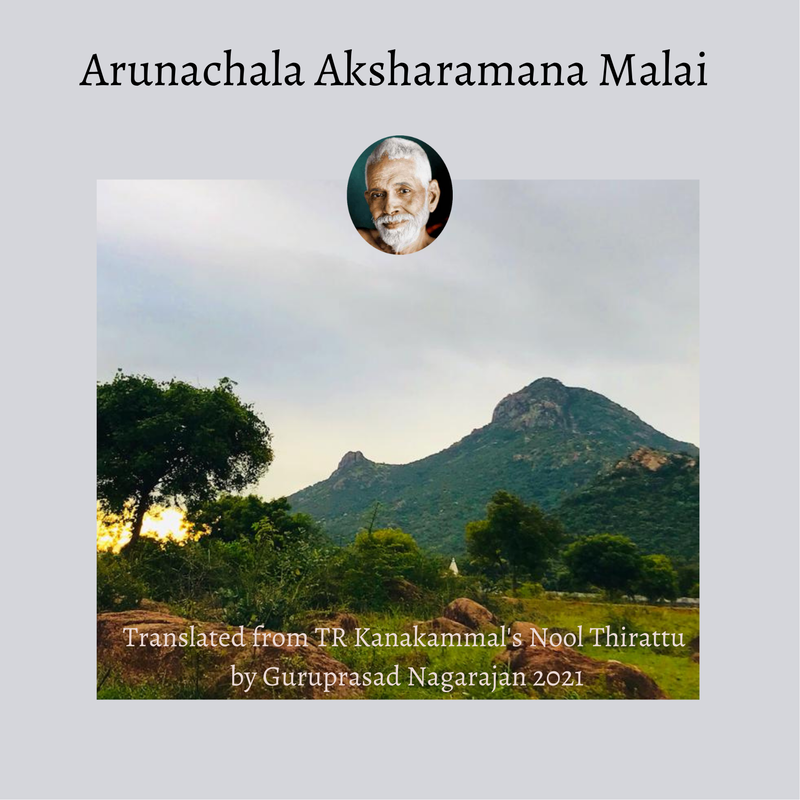
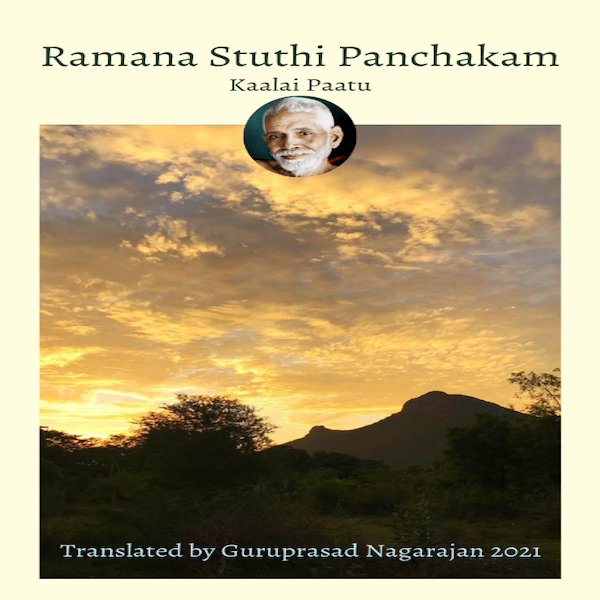
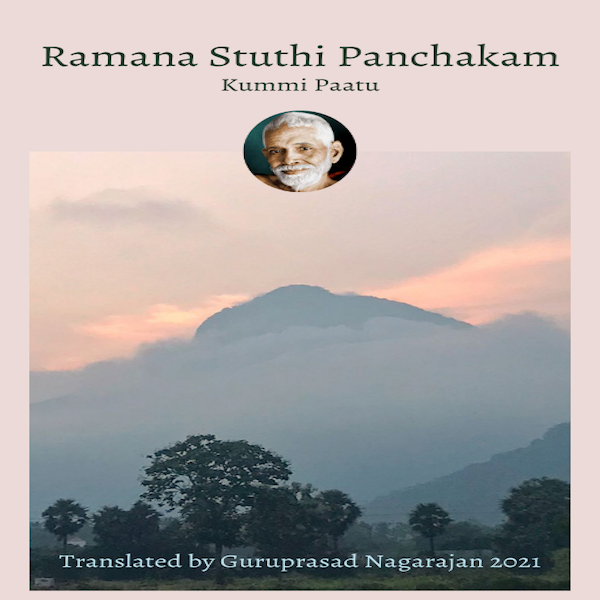
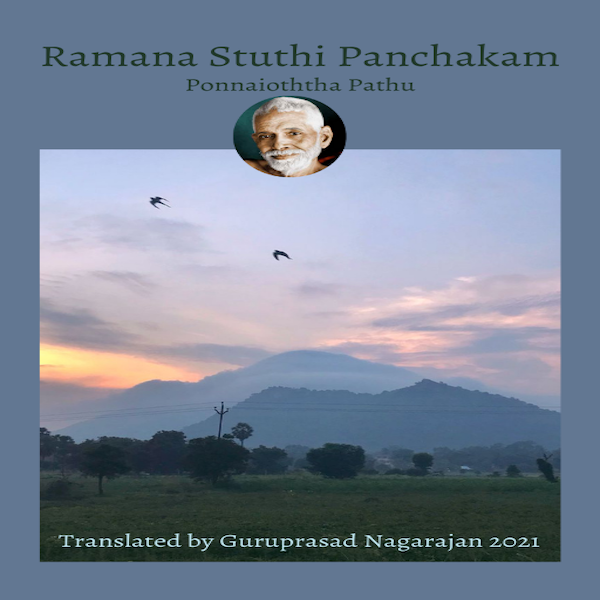
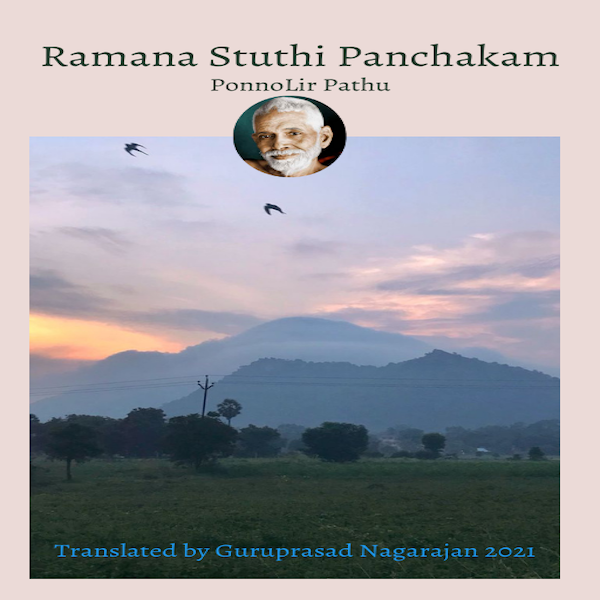
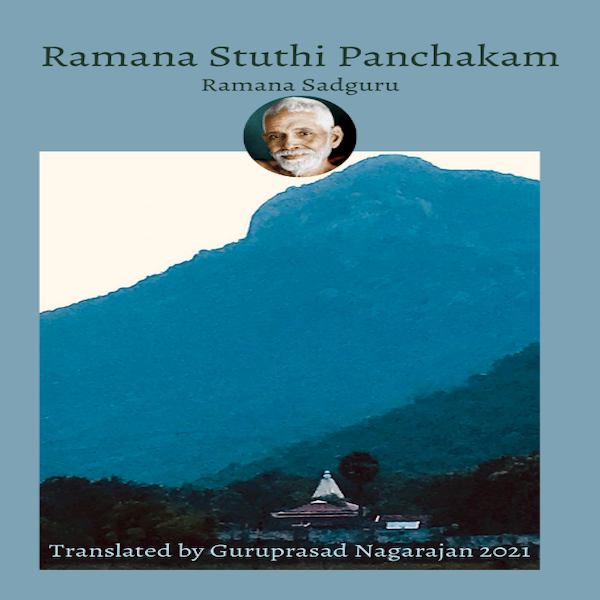
 RSS Feed
RSS Feed